
Eye health is essential, but unfortunately, eye infections are a common problem with uncomfortable or inconvenient symptoms like pain, swelling, redness, discharge, and increased sensitivity to light. Many of these eye problems are avoidable. Here are ten tips on how to keep your eyes as healthy as possible, which include avoiding eye infections.

1- Wash Your Hands Frequently
The best way to limit the spread of bacteria, viruses, and fungal spores around your body is to wash your hands frequently using soap and water for at least half a minute to cleanse them of harmful agents.
Bacteria on the hands can also lead to eye diseases, such as corneal ulcers or conjunctivitis. So, always wash your hands before eating a meal, preparing food, dispensing medicine, inserting or removing contact lenses, or touching the eye in any way.

2- Avoid Touching and Rubbing Your Eyes
Even if you wash your hands regularly, your hands are still the most likely agents to spread infections because our hands touch many surfaces and can pick up viruses, so it will be better to keep them away from your eyes and delicate eyeball area as much as possible to prevent eye infection.
Talk to your doctor if you have itchy eyes due to allergy. They can recommend specific types of eye drops to reduce irritation and eye rubbing.
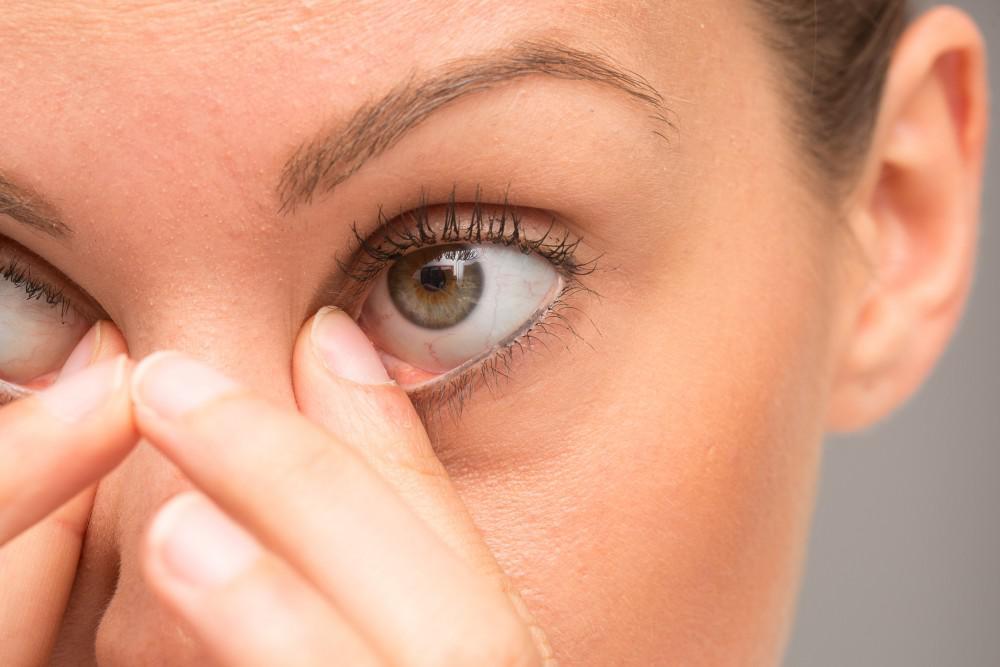
3- Clean Your Contact Lenses Regularly
Practicing good hygiene is essential when it comes to contact lenses. If you use contacts, you should abide by proper contact lens hygiene. Contact lenses touch your eye surface, so keeping them free of bacteria, fungi, and viruses is crucial in preventing eye infections.
Ways to Clean Contact Lenses
- Wash your hands with soap and water
- Use fresh contact lens cleaning solution each time you clean your lenses
- Gently rub your contact lenses with your fingertips, and rinse them using a fresh cleaning solution afterward.
- Rinse your contact lens case with the new solution, and leave it overturned and open to dry.

4- Never Share Your Eye Makeup or Products
Sharing specific eye makeup and products can increase the risk of developing an eye infection — especially if you are sharing makeup brushes/tools, face towels, or sunglasses. To prevent eye infections, you must refrain from sharing your eye or facial makeup brushes and dispose of products once they exceed expiration dates.
5- Keep the Eye Area Clean
The skin around the eyes is crucial for eye health. Thus, ensure to provide attention to combat eye infections.
How to keep the eye area clean
- Use damp cotton or a clean, wet cloth to remove the crust.
- Start wiping from the inside corner of the eye and move towards the outer corner.
- Make sure to use a clean part of the cloth for each wipe.
- Put cold or warm wet clothes on your eye a few times a day if the eye hurts.
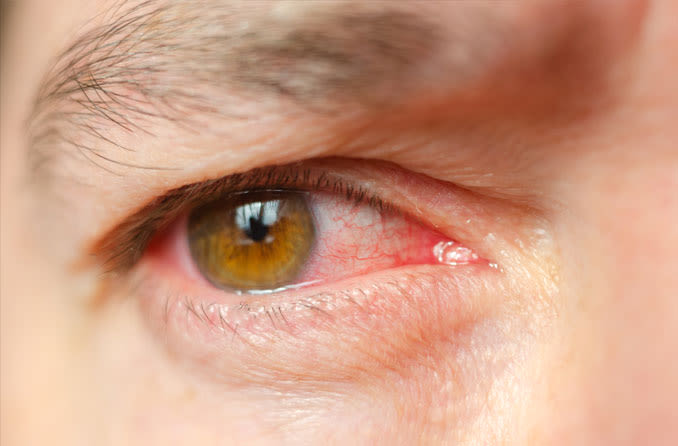
6- Make Healthy Lifestyle Choices
Most eye infections clear up on their own with your diligent immune system. It is said that the weaker your immune system is, the more likely you are to develop an infection or to suffer for longer than necessary. Making healthy lifestyle choices, including eating a balanced diet, regular exercise, and adequate sleep daily, goes a long way towards avoiding eye infections and diseases.
7- Wash Your Eyes properly after Swimming
Getting water in your eyes from lakes or rivers can cause an infection due to microscopic organisms. If you are a swimmer or enjoy swimming in other water activities, you must flush your eyes after swimming. You can use filtered water or a saline solution to reduce your risk of eye infection.
8- Don’t Sleep with Contact Lenses
Like your body, your eyes also need rest and a break, and sleeping with contact lenses means more time for the eye to be exposed to any potential infection carrier on the lens. In addition, contact lenses can irritate the eyes, which can cause redness, and the more irritated your eyes are, the more vulnerable they are to infection.

9- Protect Your Eyes From Mold and Other Allergens
Allergies cause eye inflammation and irritation, which makes the eyes more likely to become infected. Try to avoid exposure to mold and other allergens by:
- Consider wearing eyeglasses and avoiding contact with allergens or during the peak of allergy season.
- Wearing safety goggles is essential when engaging in strenuous activities or tasks that can generate airborne allergens.
- Installing a whole-home filtration system
- Vacuuming and dusting regularly
- Washing your hands regular
- Avoid rubbing your eyes
10- Consult With Your Doctor If Required
If you are suffering from an eye infection, it is advisable to consult with a skilled and experienced doctor for eye treatment. Remember, delaying treatment might make the duration or severity of your symptoms worse and potentially lead to vision loss or eye damage.
If you’re concerned about your risk of eye infections or facing symptoms you’d like to have checked by an eye doctor, consult today for timely treatment. While there are over-the-counter medicines for eye infections, achieving effective results requires professional guidance.
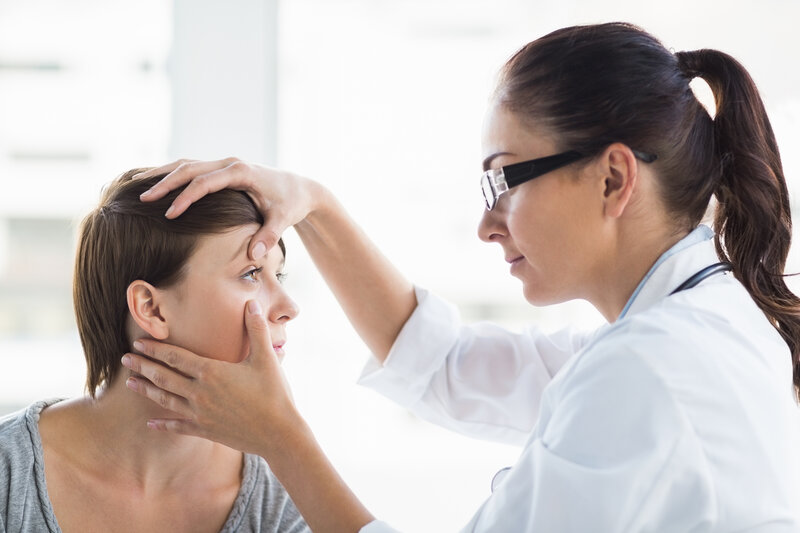
Top 10 foods for healthy eyes
Oily fish, nuts, citrus fruits, leafy green vegetables, and many other foods contain nutrients that may benefit eye health.
Nutrients in foods, such as zinc, copper, vitamin C, vitamin E, and beta carotene, may help reduce the risk of age-related decline in eye health.
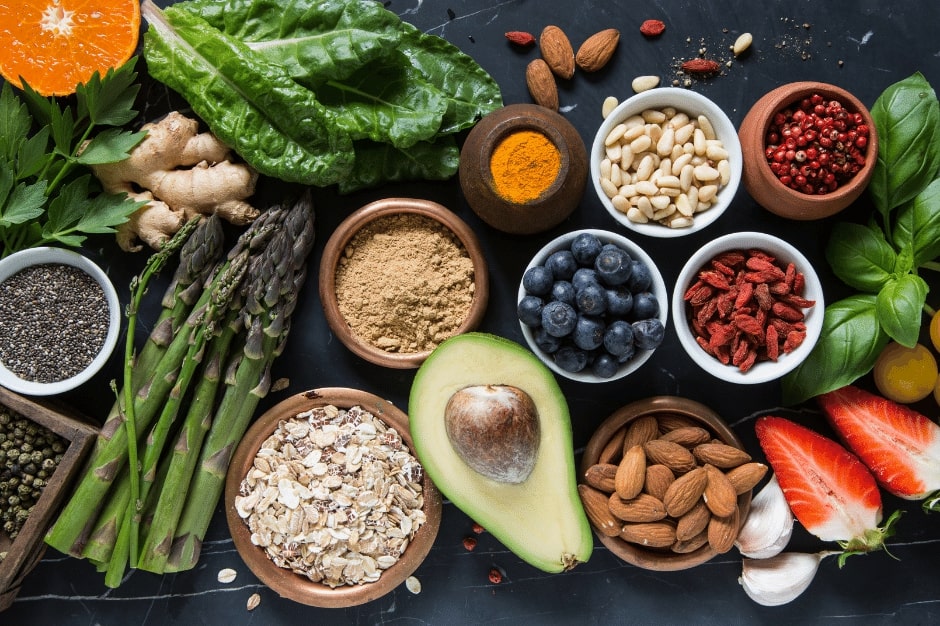
Other nutrients for eye health include omega-3 fatty acids, copper, lutein, and zeaxanthin.
This article examines the evidence for 10 nutrient-rich foods that boost eye health. We also discuss other tips for healthy eyes and eye health warning signs.
Many fish are rich sources of omega-3 fatty acids.
Oily fish have oil in their gut and body tissue, so eating them offers higher levels of omega-3-rich fish oil. The fish that contains the most beneficial levels of omega-3s include:
- tuna
- salmon
- trout
- mackerel
- sardines
- anchovies
- herring
ResearchTrusted Source shows that diet can heavily influence eye health, and omega-3 fatty acids are a key component.
Nuts are also rich in omega-3 fatty acids. Nuts also contain a high level of vitamin E, which can help protectTrusted Source the eye from age-related damage.
Nuts are available for purchase in most grocery stores and online. Nuts and legumes that can help maintain eye health include:
- walnuts
- Brazil nuts
- cashews
- peanuts
- lentils
Like nuts and legumes, seeds are high in omega-3s and are a rich source of vitamin E.
Seeds are available for purchase in most grocery stores and online. Seeds high in omega-3 include:
- chia seeds
- flax seeds
- hemp seeds
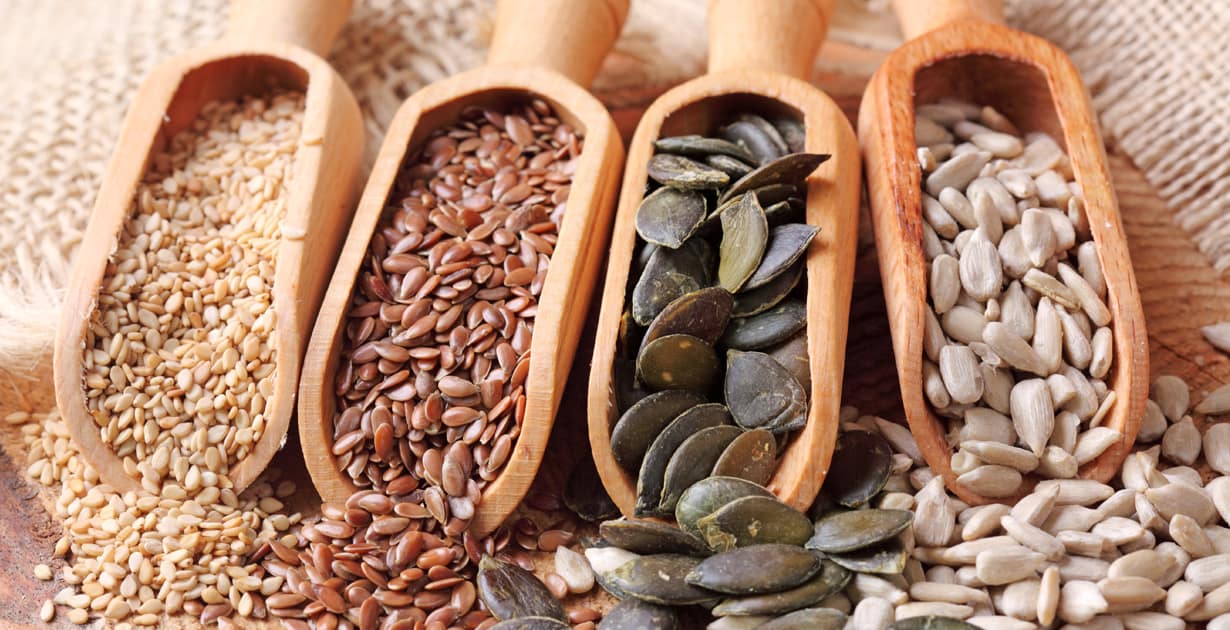
Citrus fruits are rich in vitamin C. Like vitamin E, vitamin C is an antioxidant that the American Optometric Association recommends to fight age-related eye damage.
Vitamin C-rich citrus fruits include:
- lemons
- oranges
- grapefruits
Leafy green vegetables are rich in lutein and zeaxanthin and are a high source of eye-friendly vitamin C.
Well-known leafy greens include:
- spinach
- kale
- collards
Carrots are rich in both Vitamin A and beta-carotene, which gives carrots their orange color.
Vitamin ATrusted Source plays an essential roleTrusted Source in vision. It is a component of a protein called rhodopsin, which helps the retina to absorb light.
Like carrots, sweet potatoes are rich in beta-carotene and a high source of the antioxidant vitamin E.
Beef is rich in zinc, which linksTrusted Source to better long-term eye health. Zinc can help delay age-related sight loss and macular degeneration.
The eye itself contains high levels of zinc, particularly in the retina and the vascular tissue surrounding the retina.
Meats such as chicken breast and pork loin also contain zinc but at lower levels than beef.
Eggs are a high source of lutein and zeaxanthin, which can reduce the risk of age-related sight loss. Eggs are also suitable sources of vitamins C and E and zinc.
Fluids are essential to life and eye health. Drinking plenty of water can prevent dehydration, which may reduce the symptoms of dry eyes.
The current daily recommendations for healthy eye nutrients, as suggested by the American Academy of Ophthalmology to slow the progression of eye disease, are:
- 500 milligrams (mg) of vitamin C
- 400 international units of vitamin E
- 10 mg lutein
- 2 mg zeaxanthin
- 80 mg of zinc oxide
- 2 mg of copper oxide
The following strategies may help ensure healthy eyes:
- wearing sunglasses outside since excessive sun exposure can cause cataracts
- stopping smoking, if applicable
- getting regular eye exams, mainly if there is a family history of eye disease
- wearing eye protection when working with possible eye irritants or dangerous chemicals
- washing hands before applying contacts
- wearing contacts only for the time that the doctor or manufacturer recommends
- protecting eyes from computer-related eyestrain by looking away every 20 minutes at something 20 feet away for 20 seconds
Diabetes is a leading cause of blindness. People with this condition need to monitor blood sugar levels carefully, take medications exactly as their doctor prescribes, and manage carbohydrate intake while focusing on eating low-moderate glycemic index foods.
Early treatment for eye health problems can prevent them from worsening. People who notice changes in their vision need to schedule a comprehensive eye exam with an optometrist or ophthalmologist.
Possible symptoms that a person may be experiencing vision trouble include:
- frequent changes in visual clarity
- seeing distorted images
- seeing floaters or flashes in the field of vision
- reduced peripheral vision
Here are some frequently asked questions about foods for eye health.
What foods are best for eye health?
Foods that are best for eye health include oily fish, leafy green vegetables, nuts, and seeds.
Which fruit is best for eye vision?
Citrus fruits, such as grapefruits and oranges, are high in vitamin C. Vitamin C is essential for maximum eye health.
How can I improve my eye health naturally?
Some tips for improving eye health include stopping smoking, eating a nutritious diet, wearing sunglasses, and having regular eye exams.
Which vitamin is good for the eyes?
Vitamins for maximum eye health include vitamins A, C, and E.
Eating a varied diet that includes lots of fruits, vegetables, and lean proteins is enough to ensure most people get the right nutrients for eye health.
Individuals who cannot get these nutrients from their diet can ask an eye doctor about eye health supplements.
People with vision problems or very restrictive diets can talk with an eye health provider about the right foods to eat.
:max_bytes(150000):strip_icc()/GettyImages-1209088556-2e229fa4c940466bb6997c21d7f6548c.jpg)







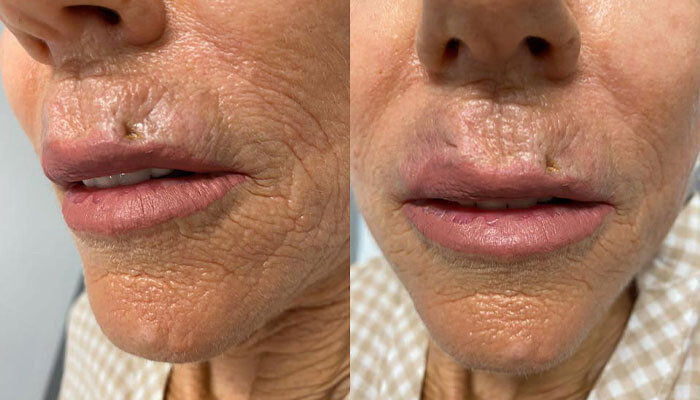











:max_bytes(150000):strip_icc()/Jennifer-Lopez-Ben-Affleck-092825-214f9dfd4c144ff7ba00b9764a60c295.jpg?w=1200&resize=1200,0&ssl=1)













:max_bytes(150000):strip_icc():focal(999x0:1001x2)/catherine-ohara-013026-7-4b5b413a646d4f15a1fd15ac8b933811.jpg?w=1200&resize=1200,0&ssl=1)








